Kelly Corrigan, author of The Middle Place (which was the book we read for the first EDIWTB online book club) has answered some questions submitted by EDIWTB readers about her book and her writing process.
Here is Kelly’s response:
Thanks, everyone, for making time for my book. I am thrilled by your reaction and am happy to answer your questions. If you’re so inclined and have a moment, I would be so grateful if you could email your friends a link to the trailer. I hope I’m not overstepping here.
Thanks again for reading The Middle Place.
Q: You share a lot of personal information about your family and specifically, about your relationship with your parents. Did you talk to them before you wrote the book about how much you were going to disclose and if they were comfortable with that? Did they have any input about what you said about them? Did your family remember things the same way? What types of conversations took place upon everyone reading the book?
I had always wanted to write a book, since I was in high school. Maybe even middle school. It was To Kill A Mockingbird that got me going. My dad was a big fan of this idea (as he was of any idea, or ambition, or invention…) Then, in the Spring of 2005, I was sure my dad was dying. So I wrote for him. As fast as I could. I wasn’t writing for publication.
Then, once I got an agent, I started talking to my mom a lot. I wanted to make sure she was OK with the stories I was telling, and that she understood what I was saying about our relationship and how it has matured. My mother is a deeply confident person who knows, because she has been told and also because she just knows, how much we value her.
I did misremember several things and they were cut.
Q. Did you have an intention of the book becoming an anthem for cancer survivors and their families or were you was simply looking to relay your personal experiences?
No, I was not writing as breast cancer survivor. I was writing as a woman who had a major crisis. It could have easily been unemployment or infertility or divorce. The crisis made me a child again. And then I found I had trouble standing back up as an adult once I was finished with treatment.
Q. From a writing standpoint I’m curious as to how you selected the vignette memories that occur between present experiences. Was the process easy? Were you able to just glance back in memory and come up with circumstances or experiences that reminded you of what you were going through in the present? I’m interested in that process – the looking back to better expand upon the present and the future. The cyclical nature of that style of writing. What was easy about it, what was difficult?
These vignettes are the stories I have been telling all my life, at parties, in dorm rooms, to new friends. So they did come easily. I had honed them over the years. I knew what was funny to people about The Guess Jeans fight, for example. Sequencing the book, on the other hand, was tricky. I spent a lot of time reshuffling the chapters and seeing what themes were served by different orders.
Q. I’m curious, given the recent troubles that some memoirists have run into, how much of the book is true (in the sense that it actually happened as "reported" in the book), and how much of it is covered with the patina of hindsight, rose-colored or otherwise? On a related note, when did you decide to write the book–around the time of diagnosis, or on some other timeline?
I started writing in the Spring of 2005 so the cancer stuff was very fresh, and in my dad’s case, was still unfolding. In the flashbacks, much of the dialogue is imagined. In some cases, I remember specifically how the conversations went but for the most part, I am recreating scenes as I believe they unfolded. I also used the internet to jog my memory about specific things, like Wacky Pack stickers and Jesse’s girl and the characters on "General Hospital".
Q. I’m curious about your writing process from a schedule perspective– do you set aside a certain amount of time every day, every week, etc., or does it just happen when it happens?
I just had to sneak it in during the nooks and crannies of my day. I had 12 hours a week when both my kids were in school, so those were my primary writing sessions. I went to local cafes and got a pot of tea and cranked until I had to turn around for pick up. I continue this way today. I am working on pieces for magazines and my columns and a novel and another memoir about my family and faith.
Q. I am sure you had feelings of anger when you were diagnosed – how did you deal with this in front of your children?
I didn’t feel angry until much much later. I mostly felt scared. I am not stoic, as you saw in the book, so I spent a lot of time worrying about how I would weather chemo.
Q. I have heard that for some women the most emotionally trying time is after intensive treatment has ended – they may feel as though they are not doing anything proactive to prevent recurrence – have you found this is the case?
Yes, recurrence anxiety is a particular beast – it’s vague and amorphous and sneaky — you never know when it’s going to rise up in you. I actually feel incredibly resigned sometimes, like I am going to live a short life and that’s just the way it is and I better make the most of it. Then, other days, I think it was a blip, something random that will never happen again.
Q. Was writing the memoir cathartic/therapeutic or did it start to seem like a chore after a while?
It never felt like a chore. The book sold in three days based on the first 100 pages. I felt so lucky – still do – and it was just never ever lost on me that I was so insanely lucky to be able to do this.
Q. The book focuses much more on your relationship with your father post-diagnosis and less on your kids. Was that intentional – did you want to protect your daughters’ privacy?
No, it is really more a reflection of the fact that I am still trying to lean into motherhood. Also, I am still getting to know my girls. They’re so different today than they were the day I handed in the final manuscript. There’s so much more to say about them now. But then, they can read now too. So I feel much less comfortable using them in stories and columns and such. That’s one reason I am spending much of my writing time on a novel. Give the family a break for a while.


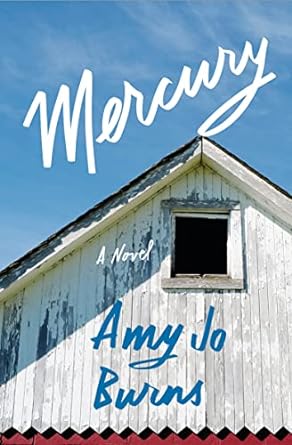
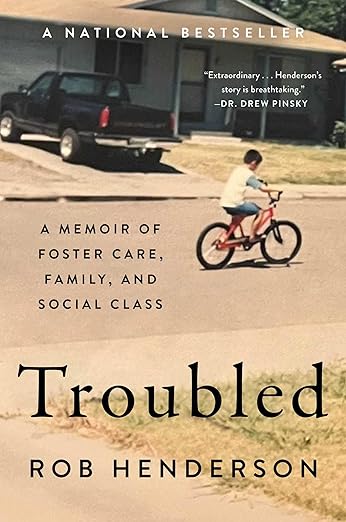
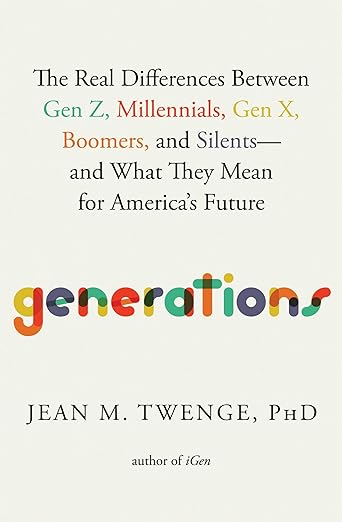
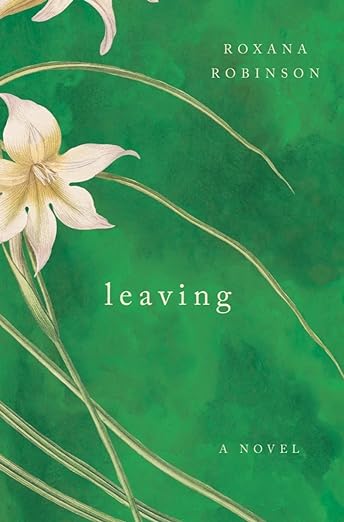
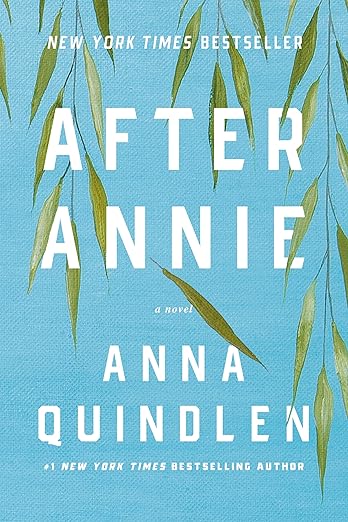
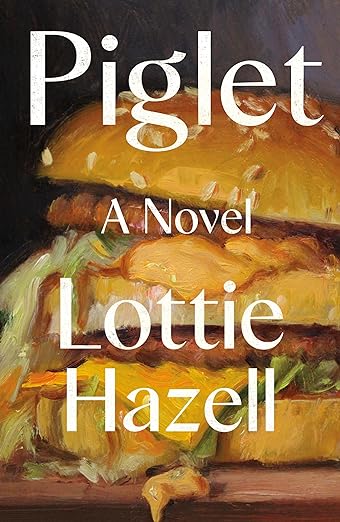
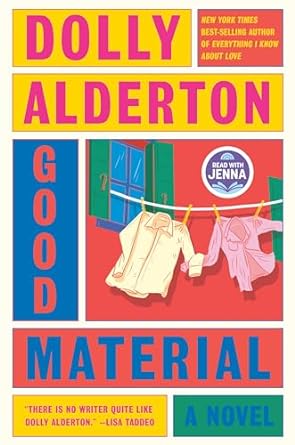
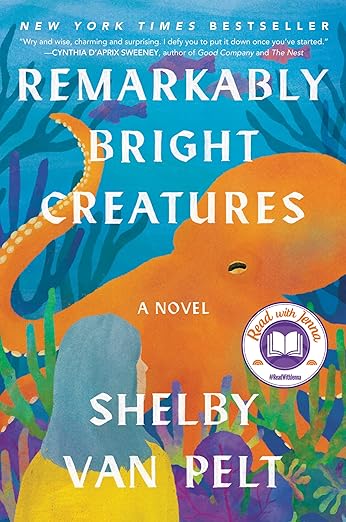
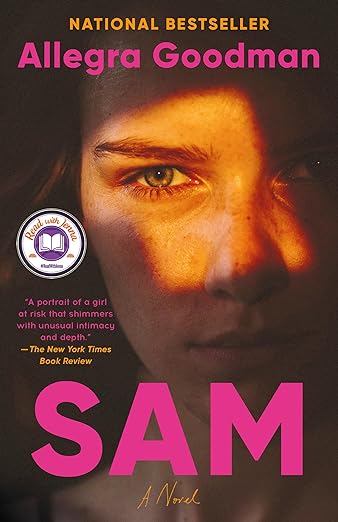
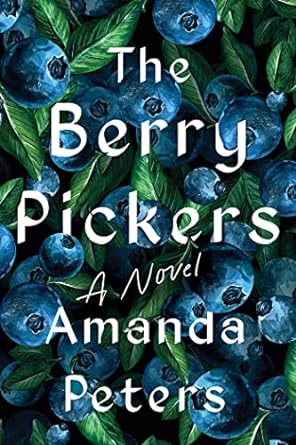
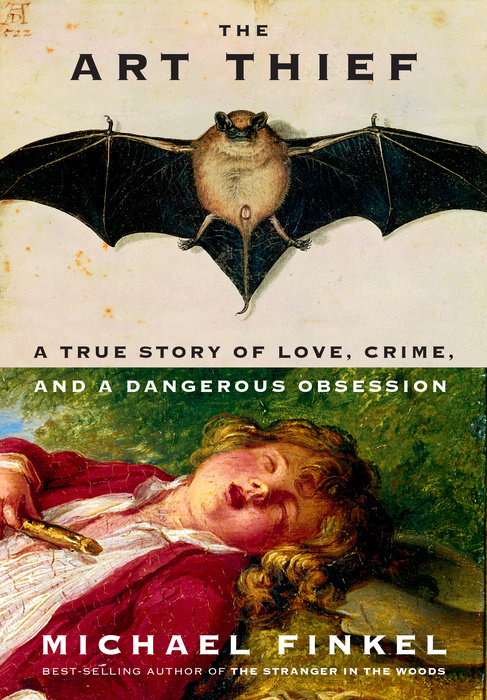
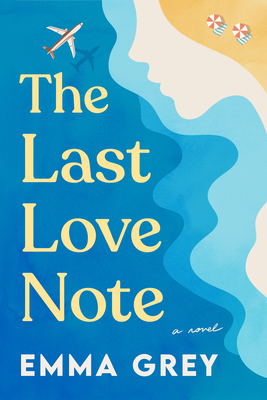
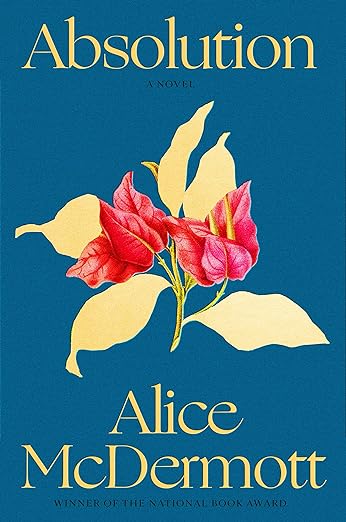
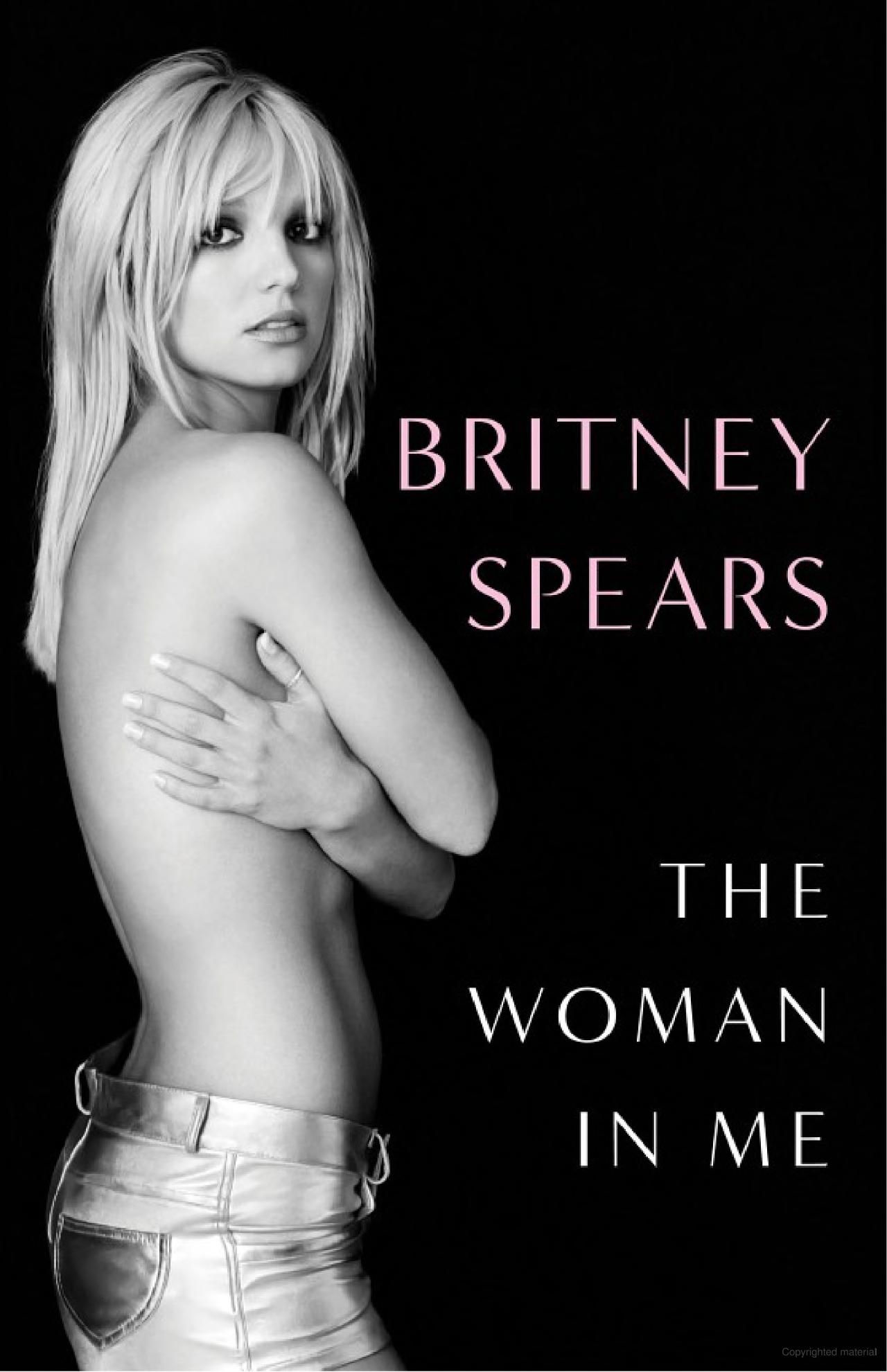
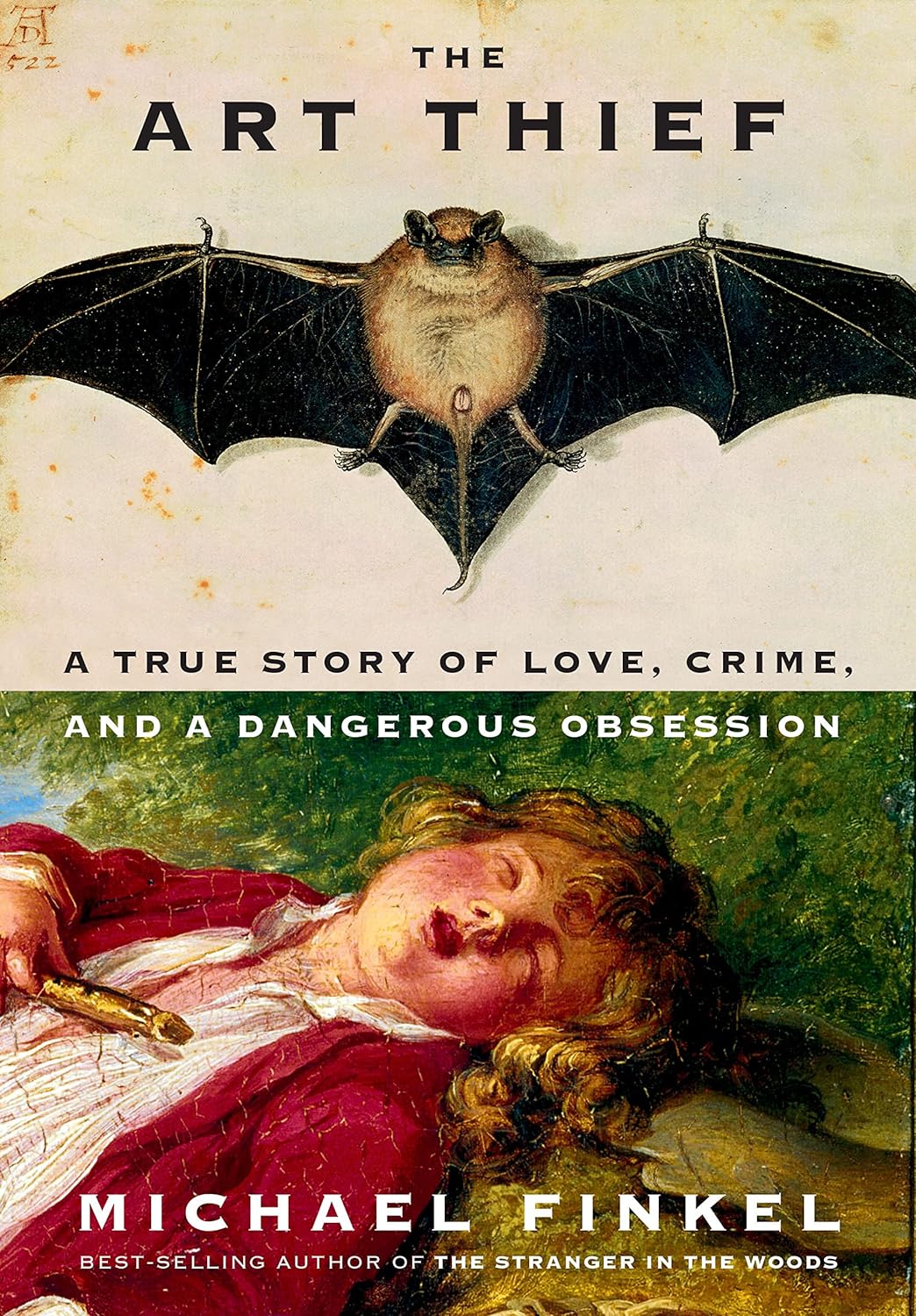
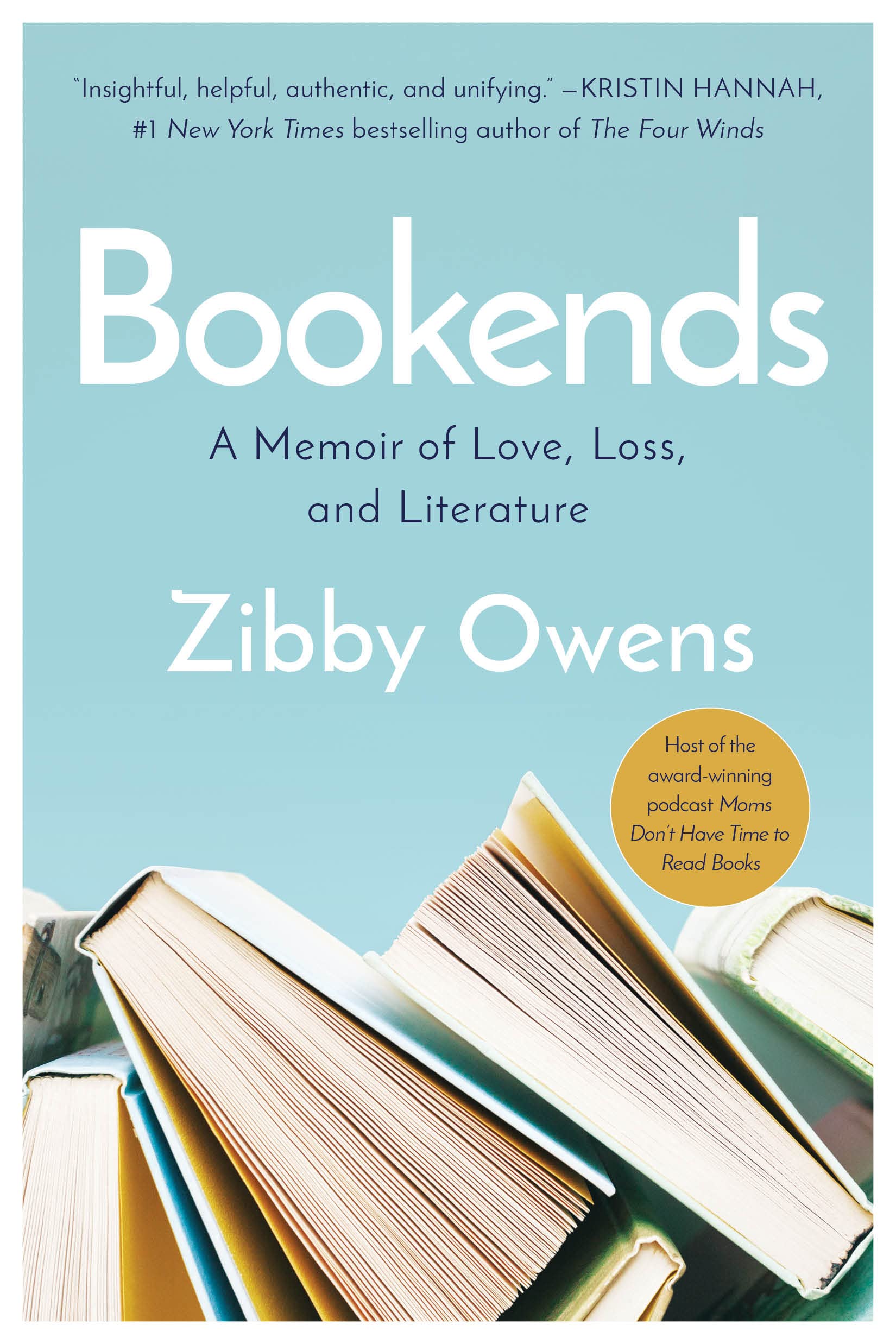
About Me
I have been blogging about books here at Everyday I Write the Book since 2006. I love to read, and I love to talk about books and what other people are reading.